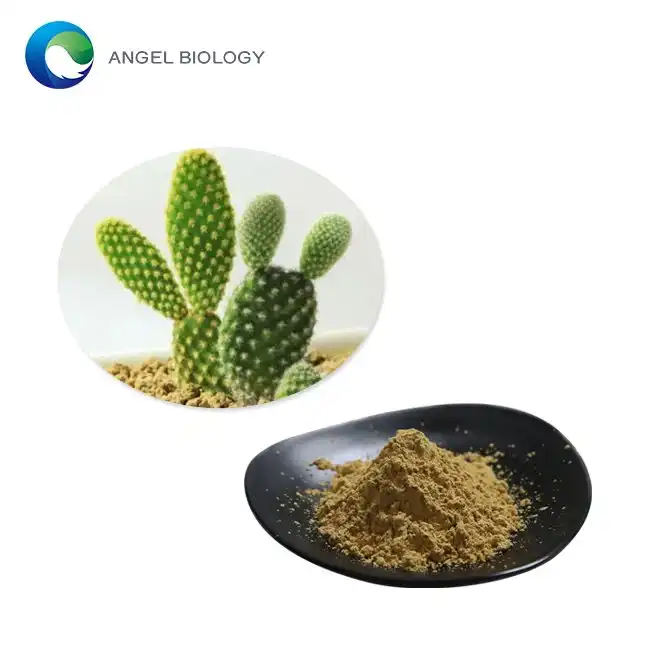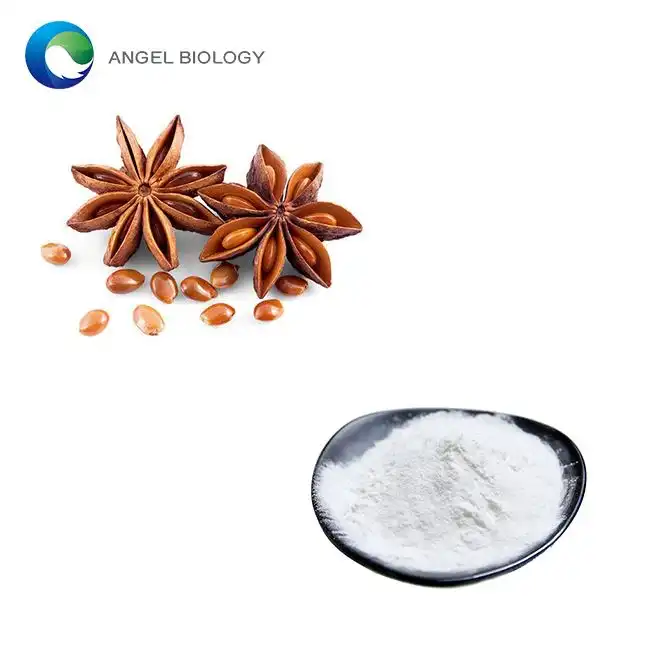Does The FDA Require Supplements To List All Ingredients?
Introduction
Supplements have become increasingly popular over the years, as people continue to search for ways to maintain good health and improve their wellbeing. However, with so many supplements available on the market, it can be difficult to know which ones are safe and effective. This is where the Food and Drug Administration (FDA) comes in.
The FDA is responsible for regulating dietary supplements sold in the United States to ensure they are safe and labeled accurately. But does the FDA require supplements to list all ingredients? This article will explore this question and provide a comprehensive explanation of dietary supplement regulation in the United States.
What are supplements?
Supplements are products that are intended to supplement the diet, containing one or more dietary ingredients, including vitamins, minerals, herbs, or other botanicals, amino acids, enzymes, probiotics, or other substances to increase the dietary intake. They can be in the form of pills, capsules, tablets, liquids, or powders.
Supplements are sold over the counter and are not considered drugs, unlike prescription medicines, which require FDA approval before being sold. The FDA regulates dietary supplements differently from drugs, but their regulations still ensure that supplements are safe and accurately labeled.
FDA regulation of supplements
The FDA regulates dietary supplements under the Dietary Supplement Health and Education Act (DSHEA) of 1994. This act defines dietary supplements as products that are taken orally, containing one or more dietary ingredients, and are intended to supplement the diet.
Under DSHEA, supplements are classified as a subgroup of foods and are therefore subject to regulation as food products. This means that dietary supplements are not subject to the same rigorous testing and clinical trials as drugs, but they must still be safe for consumption and accurately labeled.
Labeling requirements
The FDA requires that all supplements marketed in the US have a label that accurately represents the product''s identity, quantity, composition, and any claims made about its intended use. The label must contain the name of the product, the name and address of the manufacturer, the amount of each ingredient, and serving size.
Supplement labels must also include a Supplement Facts panel that provides information about the nutrients and other substances contained in the product. The panel must list the total amount of each dietary ingredient per serving size, the daily value (DV) percentage of each ingredient, and any other dietary ingredients that are not identified as vitamins, minerals, or other nutrients, such as botanicals.
Exceptions to labeling requirements
There are a few exemptions to the labeling requirements for supplements. These include:
- Dietary supplements that are a "food" in conventional food form, such as breakfast cereals fortified with vitamins and minerals.
- Supplements that are marketed for use in traditional systems of medicine, such as Ayurvedic medicine or traditional Chinese medicine.
- Supplements that contain only one dietary ingredient, such as a vitamin or mineral supplement.
Ingredients and their safety
Supplements must contain dietary ingredients that have been recognized as safe and appropriate for use in dietary supplements, according to current scientific evidence. This means that the ingredient must be safe when used as directed and must not be misrepresented on the label.
The FDA has established good manufacturing practices (GMPs) for dietary supplements to ensure that the supplements are made in a quality manner and that they contain the ingredients declared on the label. The GMPs cover all aspects of manufacturing, including the selection of ingredients, their storage and processing, and their packaging and labeling.
Adverse event reporting
The FDA requires that manufacturers of dietary supplements report any serious adverse events associated with the use of their products. This includes any adverse events that result in death, hospitalization, disability, or other significant harm. These reports help the FDA to monitor the safety of dietary supplements and take action when necessary.
Manufacturers must also report any new information that may affect the safety of their products within 15 business days of becoming aware of the information. This includes any new information on the safety, toxicity, or other relevant parameters of the dietary ingredient.
Conclusion
In summary, the FDA regulates dietary supplements sold in the United States to ensure they are safe and labeled accurately. Supplements must contain only safe and appropriate ingredients, be manufactured under good manufacturing practices, and be labeled accurately. Manufacturers must also report any serious adverse events associated with the use of their products. So, to answer the question "Does the FDA require supplements to list all ingredients?" The answer is yes. The FDA requires supplements to list all ingredients, as well as accurate labeling of nutrient content, while still allowing manufacturers some flexibility in terms of the claims they make about their products.










